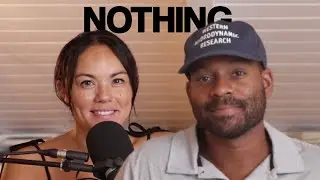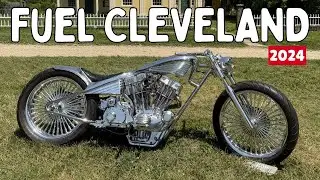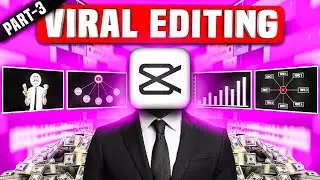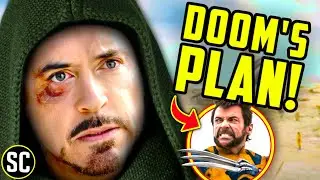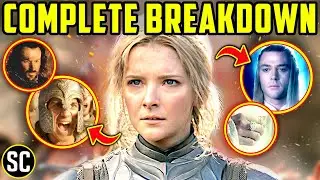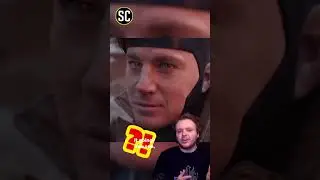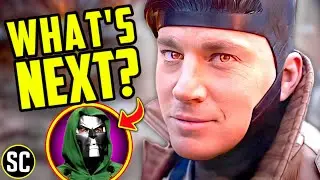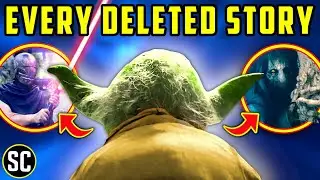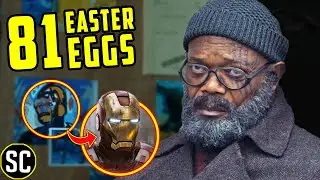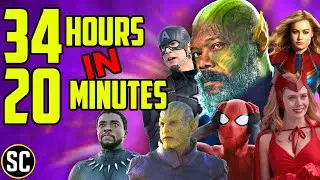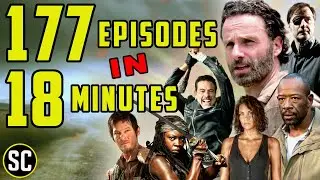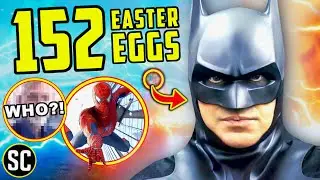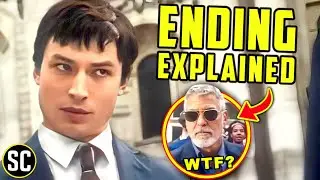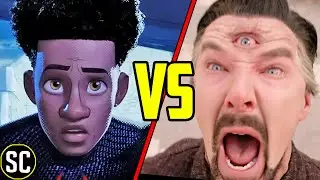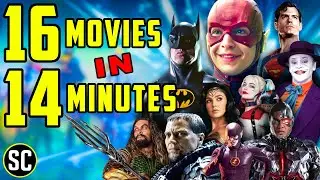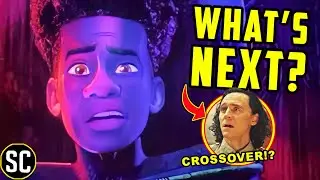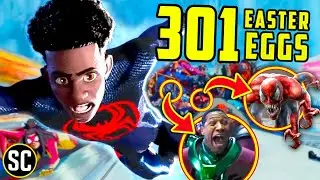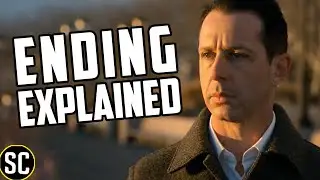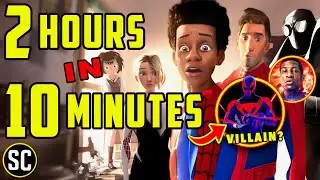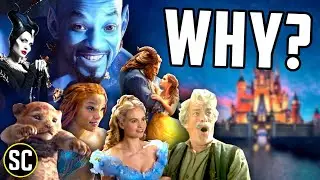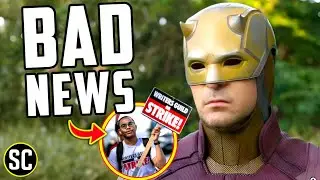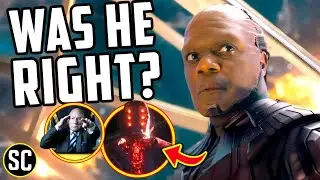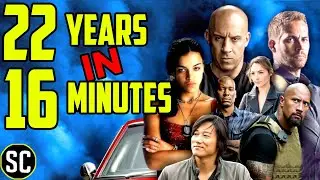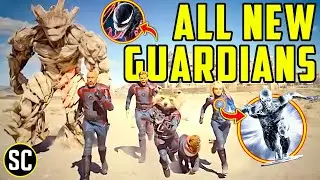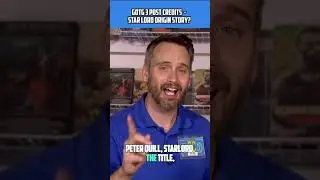The Flash POST-CREDITS Scene and ENDING EXPLAINED!
The Flash Ending Explained! Go to https://tryfum.com/SCREENCRUSH and use code SCREENCRUSH to save an additional 10% off your order today
The Flash is the last movie of the DCEU, and the first of the new DCU--and it resets the universe in brilliant--though confusing--fashion. So in this video we breakdown the ending, the new Batman, the post-credits scene, and what all of this means for James Gunn's new DCU.
Thanks for supporting our channel! Check out our MERCH Store Here → https://screencrushmerch.com/
Go here → http://screencrush.com/
TikTok → / screencrushnews
Like us → / screencrush
Follow us → / screencrushnews
Get our newsletter → http://screencrush.com/newsletter/
Written by Colton Ogburn ( / coltonogburn )
Edited by Pavel Terehovsky (https://pavel8866.wixsite.com/pavelt) [email protected]
Hosted by Ryan Arey ( / ryanarey )
#TheFlash #EndingExplained #PostCredits
the DC cinematic universe has been officially rebooted. The events of The Flash have officially restarted the DC Universe, laying the groundwork for James Gunn’s brand new Superman, as well as a familiar face returning as the new DCU Batman. And we got a post credit scene that reveals some of our classic DCEU characters will be sticking around. [clip, booya!]
And in a weird way, we sort of got a brand new Flash. [clip, American Pie “What?!”] Well okay not exactly, as of right now the character is still played by Ezra Miller. But, the character has fundamentally changed and has A LOT of growth in this film.
So let’s break down the true meaning of this film, how its use of time travel and the multiverse create the perfect setting for this coming of age story. And how this character growth not only changes the character of Barry Allen, but the future of DC movies as a whole. [clip]
So while The Flash is a multiversal time travel extravaganza with multiple Batman’s and an alien invasion. Its key focus is more down to earth. Self discovery, self sacrifice, inner struggle, self acceptance, and grief. And while it’s very much so a continuation of the Flash’s story, in a weird way it’s also an origin story. I was really impressed with the way this film was able to be a giant spectacle culmination film, yet simultaneously be the Flash origin film we never got to see.
In The Flash we got to see Barry grow from an immature childlike character offering comedic relief–to becoming a title character in his own right, a character worthy of his own film.
And I just need to address something real quick. I’ve heard some say that they could have just called this film Batman: Flashpoint. And I’m sorry but no, that couldn’t be further from the truth. This movie is a Flash film through and through. Batman is a supporting character in this film, an important supporting character, but still a supporting character nonetheless.
And while Ezra Miller is problematic in the real world, I have to look beyond that to give this movie an honest analysis. And the truth is that the two characters who carry this film are Barry Allen and Barry Allen. [clip, you have my face]
This film harkens back to some of your most basic superhero tropes, but presents them in a way that feels fresh, yet at the same time nostalgic. Tropes such as tragedy being responsible for the creation of the hero.
The death of Barry’s mother set Barry down the path to becoming The Flash. Had Barry’s mother never died, his father never would have been arrested for her murder. Sidebar, Barry’s dad didn’t kill his mother, but we’ll talk about who did in a later video.
Anyway, Barry’s path in life was paved by his mission to prove his father’s innocence. This inspired him to go into forensic criminal research. And in this film we finally got to see the night Barry got his powers. When doing late night work at a crime lab Barry is struck by lightning. Well actually the lightning strikes through a shelf full of chemicals first that then strikes Barry and gives him his speedster powers. [clip]
The death of Barry’s mother, the imprisonment of his father, and the lightning strike that gave him powers not only led to him becoming the fastest man alive–but he was fundamentally changed as a person. Like Batman or Spider-Man, The Flash’s tragedy defines him.
Another classic trope that’s front and center is the superheroes struggle of balancing their personal life and their herolife. The Sam Raimi Spider-Man films, especially 2004’s Spider-Man 2 did this brilliantly. It depicted the tightrope a hero has to walk. [clip, Peter being late for pizza job and Dr. Connors talking asking why he’s always late.]



![Rxckson Type Beat (Free FLP?!) [ARVE]](https://images.videosashka.com/watch/fMSuTUajAYg)

